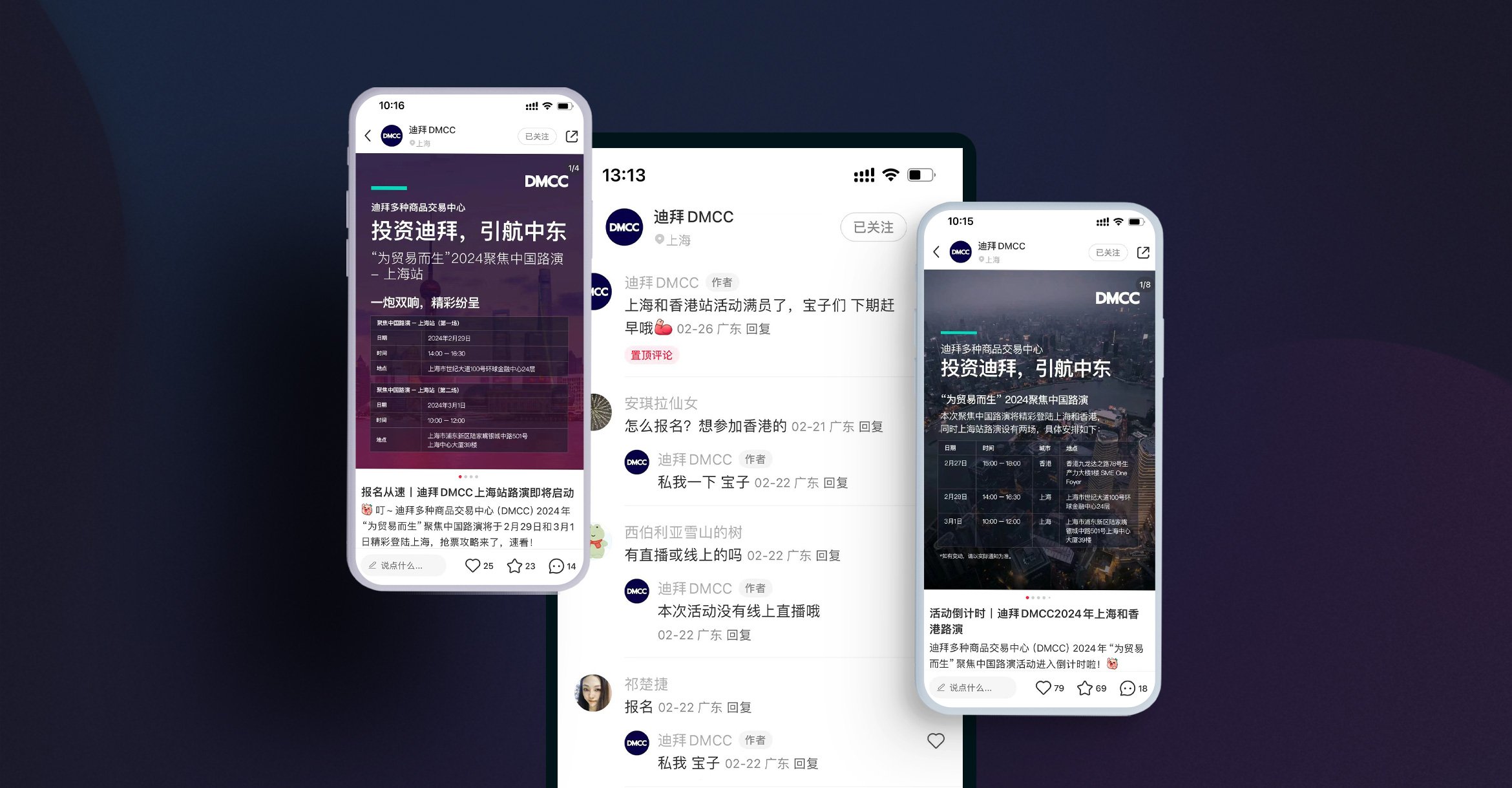Little Red Book (小红书 XiaoHongShu), a unique blend of Instagram and Pinterest, is rapidly changing China's digital landscape and is the fastest-growing social media platform with over 200 million monthly users. This platform combines the visual appeal of social media with storytelling, providing businesses with a novel way to engage with their audience. Little Red Book encourages users to share lifestyle insights and product reviews, making it an ideal platform for businesses to build brand identity and consumer trust.
Navigating China's Digital Landscape:
China's digital ecosystem operates differently from the Western world, with platforms and services often functioning as 'walled gardens.' This means that content shared on one platform may not be easily discoverable or accessible on others. For example, search engines like Baidu do not comprehensively index social media content, unlike Google's extensive coverage of other platforms like Reddit. This unique digital landscape emphasizes the importance of businesses establishing a diverse online presence across multiple Chinese platforms, including Little Red Book, to ensure visibility and engagement with their target audiences. Moreover, users in China are increasingly seeking a different online experience, showing less interest in reading articles and more attraction to engaging with stories and video content. Platforms like Little Red Book effectively cater to this growing demographic by providing a visually rich, community-driven environment that encourages sharing experiences and recommendations.
It's more important than ever for all businesses, not just e-commerce brands, to diversify their online strategy and content in China.
Graphic above: Clicking on each search engine or social media platform will give you more context.
Learning from Successful B2B Campaigns:
Successful B2B campaigns on Little Red Book, such as DMCC.ae, demonstrate the platform's effectiveness in fostering business connections. DMCC.ae's strategic use of Little Red Book for market penetration highlights the platform's value beyond consumer engagement, serving as a crucial tool for B2B networking and collaboration. Combining authentic content creation and strategic influencer partnerships showcases a winning strategy for B2B entities looking to enter the Chinese market.
How to set up a Little Red Book Account:
Starting a Little Red Book journey involves navigating the platform's account setup process, which requires adherence to strict content guidelines and business verification procedures. This process is also only in Mandarin, so you will need someone on your team who can read and write in Chinese.
Business Account Set Up
- Open a Little Red Book account using a mobile number (both China and overseas numbers supported).
- Verify your business's legitimacy with documentation (business registration, brand trademark registration, etc.).
- Provide translated documentation (your agency can assist; translations can be done using Google Translate).
- Pay a non-refundable RMB 600 verification fee for company authenticity verification.
- Await Little Red Book's review and provide additional documents if requested.
- Comply with platform-specific content guidelines and regulations.
- Consider engaging local partners or agencies if foreign entities face restrictions or need assistance.
- Prepare a content strategy aligned with Little Red Book's community and guidelines, focusing on authentic, high-quality, engaging content.
Note: Certain overseas industries (e.g., medical, legal, financial) cannot verify as business accounts. Consult if unsure about eligibility.
Personal Account Set-Up
If your business is ineligible for a business account, you can open a personal Little Red Book account. Personal accounts cannot run ads but can promote posts.
- Open an account using your mobile number (both China and overseas numbers supported).
Setting Up an Ads Account
- If you have a business account, you can apply for an ads account directly (there is no need to pay RMB 600 or undergo the company authenticity verification again).
- If you don't have a business or Little Red Book account:
- Open a Little Red Book account using your mobile number (both China and overseas numbers supported).
- Verify your business's legitimacy with documentation (business registration, brand trademark registration, etc.).
- Provide translated documentation (your agency can assist; translations can be done using Google Translate).
- Pay a non-refundable RMB 600 verification fee for company authenticity verification.
- Await Little Red Book's review and provide additional documents if requested.
Targeting and Influencer Collaborations:
Although Little Red Book has a wide user demographic, advertisers face limitations with its targeting capabilities, which are restricted to basic parameters such as geographical location, age, and interests. This limitation emphasizes the importance of influencer collaborations, which, despite being more expensive, offer a more refined and effective engagement strategy. The symbiotic relationship between brands and Key Opinion Leaders (KOLs) on Little Red Book exemplifies a dynamic approach to reaching and resonating with a discerning audience.
Adapting Content for Little Red Book:
B2B businesses must adapt their own content to the platform's unique preferences to succeed on Little Red Book. Instead of simply posting product introductions, businesses should create content that provides direct value to users, such as guides or tips that can be easily applied. This approach increases the likelihood of content being recommended and achieving better rankings. Similarly, when creating content for platforms like Douyin (TikTok), businesses should focus on producing interesting and engaging content that subtly conveys their business message rather than directly promoting their company. This requires marketers to think creatively and strategically, leveraging their expertise in a way that AI-generated content cannot replicate.
While Little Red Book is a valuable platform for B2B businesses, managing expectations and allocating resources wisely is essential. Short-term returns on investment may be limited, but the platform's true value lies in establishing a strong presence and capturing the attention of potential customers in this specific domain. By consistently creating valuable content and accumulating a substantial content library, businesses can reap the benefits of Little Red Book over time.
 UAE/GCC
UAE/GCC International
International
.webp)









